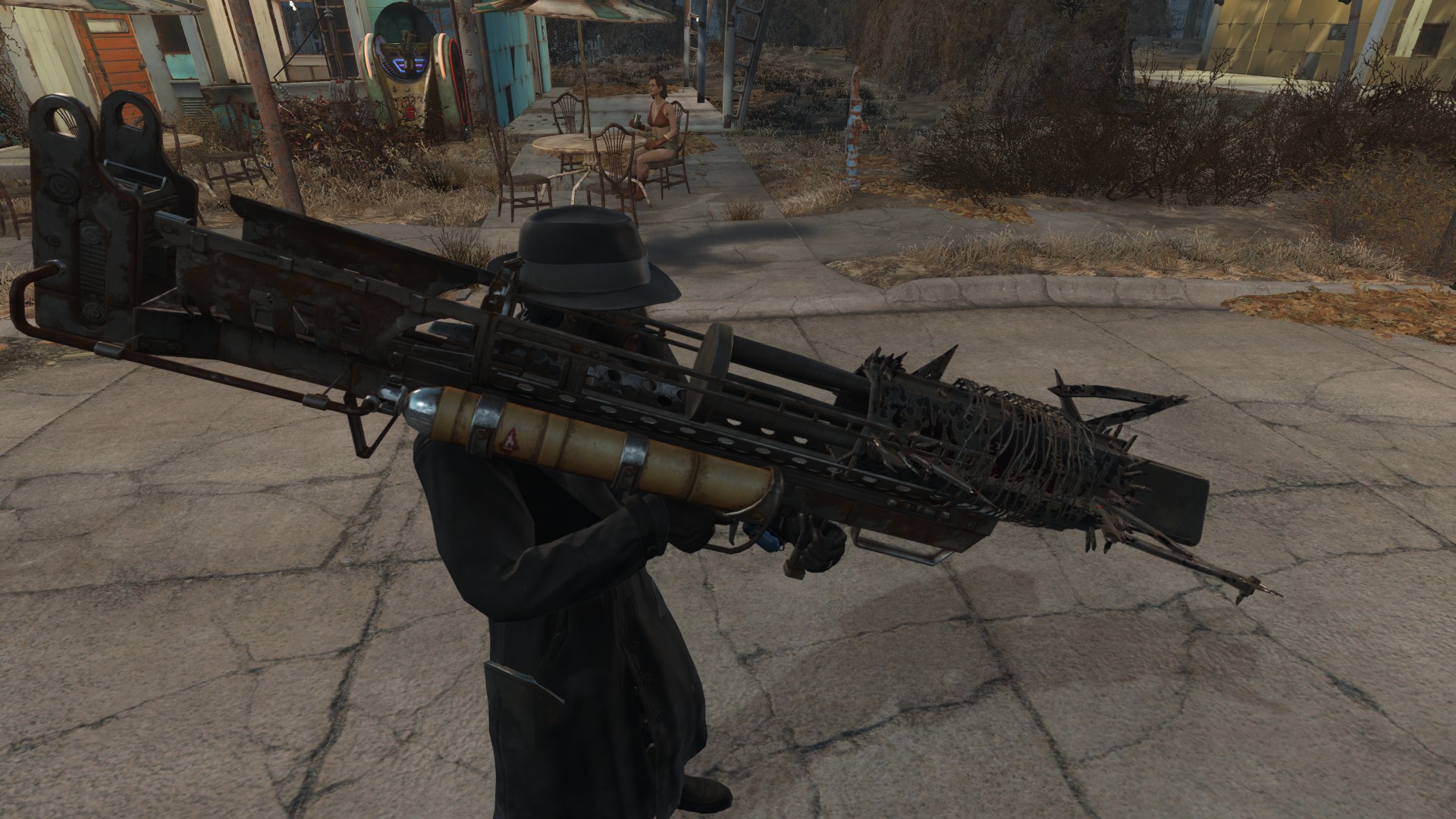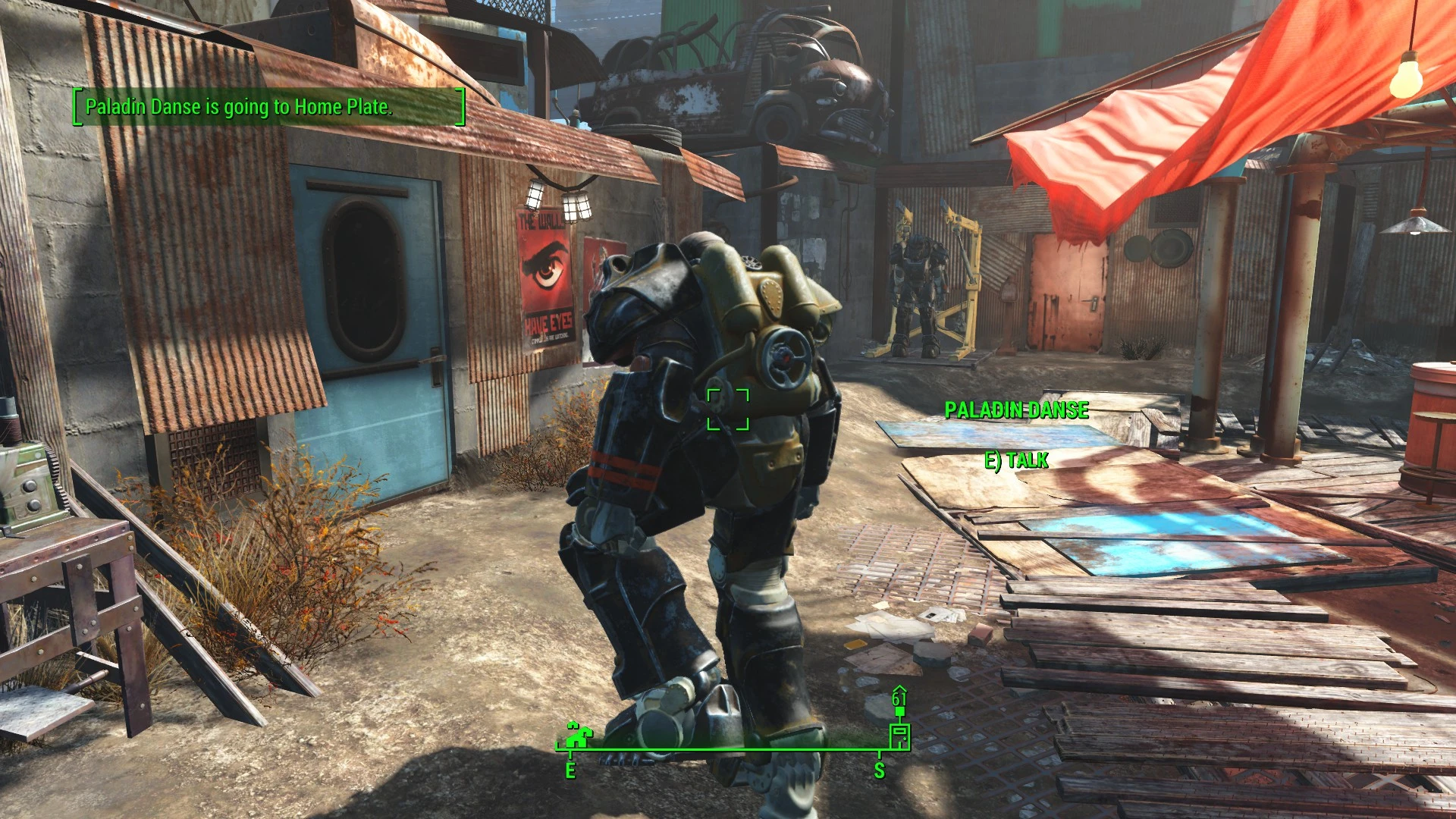

Some elements of this song closely presage those in the "Streets of Laredo" and in the "St. The Bodleian Library, Oxford, has copies of a 19th-century broadside entitled "The Unfortunate Lad", which is a version of the British ballad. The Irish ballad shares a melody with the British sea-song " Spanish Ladies". The lyrics appear to be primarily descended from an Irish folk song of the late 18th century called " The Unfortunate Rake", which also evolved (with a time signature change and completely different melody) into the New Orleans standard " St. It was first published in 1910 in John Lomax's Cowboy Songs and Other Frontier Ballads. The song is widely considered to be a traditional ballad. We all loved our comrade, although he'd done wrong. We beat the drum slowly and played the fife lowly,įor we loved our comrade, so brave, young and handsome,


To cool my parched lips", the cowboy then said.īefore I returned, his spirit had departed,Īnd gone to the round up – the cowboy was dead. "Then swing your rope slowly and rattle your spurs lowly,Īnd give a wild whoop as you carry me along Īnd in the grave throw me and roll the sod o'er me.įor I'm a young cowboy and I know I've done wrong." Get six pretty maidens to bear up my pall. "Get six jolly cowboys to carry my coffin, Cowboys up and down the trail revised The Cowboy's Lament, and in his memoir, Maynard alleged that cowboys from Texas changed the title to "The Streets of Laredo" after he claimed authorship of the song in a 1924 interview with journalism professor Elmo Scott Watson, then on the faculty of the University of Illinois at Urbana-Champaign. Maynard (1853–1926) of Colorado Springs, Colorado, claimed authorship of his self-published song in 1911 "The Dying Cowboy". The title refers to the city of Laredo, Texas. ĭerived from the traditional folk song " The Unfortunate Rake", the song has become a folk music standard, and as such has been performed, recorded and adapted numerous times, with many variations. Members of the Western Writers of America chose it as one of the Top 100 Western songs of all time. "Streets of Laredo" ( Laws B01, Roud 23650), also known as "The Dying Cowboy", is a famous American cowboy ballad in which a dying ranger (1911/ Rhymes of the range and trail) tells his story to another cowboy. For other uses, see Bury Me Not on the Lone Prairie.


 0 kommentar(er)
0 kommentar(er)
